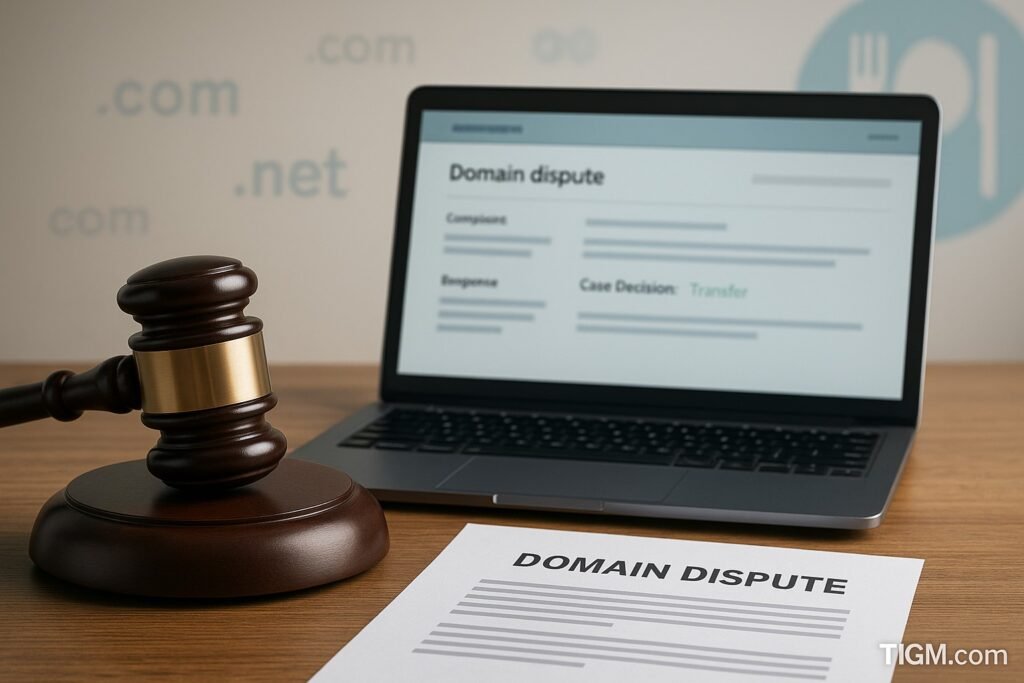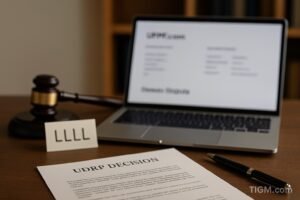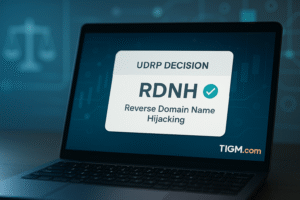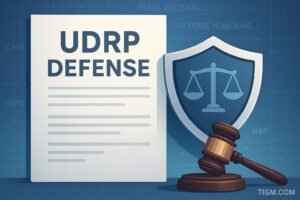A recent UDRP decision shows how clear restaurant-brand rights plus active use can make short work of “creative” domain clones trying to ride on local food trademarks. The case involved FriendlyToast.com, where a complainant with established restaurant trademark rights successfully wrestled the domain away from a respondent who had no legitimate connection to the brand and was allegedly using the domain in a way that created confusion with the actual business.
The decision follows a familiar pattern in food and hospitality UDRP cases: a recognized brand with trademark registrations, physical locations, and years of operational history files a complaint against a domain holder who registered a name that’s either identical or confusingly similar to the mark. The respondent typically has no credible explanation for why they chose that specific name, and the panel concludes that registration and use were in bad faith. Transfer ordered, trademark owner reclaims the domain, and the respondent walks away with nothing but a public loss on record.
What makes restaurant and hospitality UDRP cases interesting is that they often involve hyper-local brands that might not be household names nationally but have strong regional recognition and trademark protections. The Friendly Toast, for example, operates a small chain of breakfast and brunch spots in the northeastern U.S., and while it’s not McDonald’s, it has enough brand equity and legal standing to defend its name in a UDRP proceeding. That’s the lesson for domain holders: you don’t need to be a Fortune 500 company to win a UDRP—you just need clear trademark rights and evidence that the respondent registered the domain in bad faith.
Worth watching is how often UDRP panels are willing to find bad faith in cases involving smaller, regional brands. The policy doesn’t require the complainant to be famous—it requires them to have trademark rights and evidence that the domain was registered to exploit those rights. In restaurant cases, that evidence is usually straightforward: the respondent has no connection to the food industry, no legitimate reason to own a domain matching a trademarked restaurant name, and often some form of commercial use that capitalizes on confusion.
For domain investors, the takeaway is simple: stay away from exact-match domains for active businesses, especially in sectors like restaurants where trademark owners are increasingly aware of UDRP as a tool. If you’re holding a domain that matches a trademarked business name and you don’t have a legitimate use or prior rights, expect a complaint eventually—and expect to lose.








